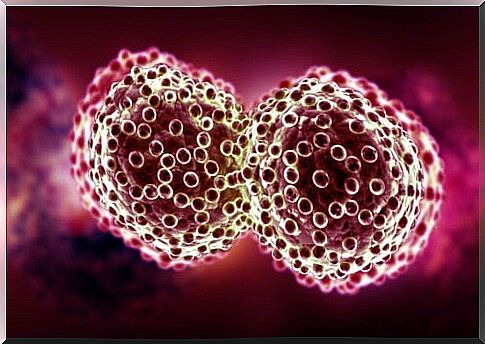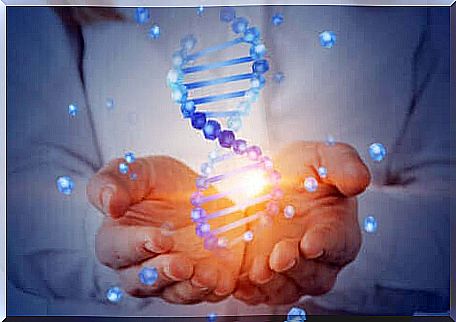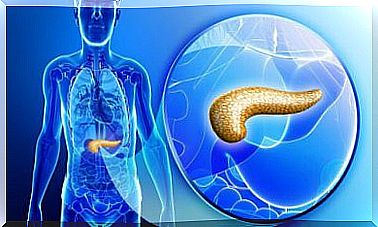Do You Know What Are The Genetic Bases Of Cancer?
Advances in knowledge of the genetic basis of cancer promise to develop new treatments and new methods of early detection. Along with this information, health education and psychological support are also required.

It is interesting to know the genetic basis of cancer, even if this disease depends on many factors: the environment, the state of health and the lifestyle, among others. Advances in the understanding of the genetic basis of cancer allow the development of new treatments and ways to identify people at risk of cancer . In this way, it is easier to adapt the treatments to the disease.
Developments in analytical methods and genetic studies have given us a key to knowing precisely the genes linked to the risk of developing a certain type of cancer. The most notable discovery was that of the BRCA1 / BRCA2 gene, associated with hereditary breast cancer.
How does cancer disease develop?
All the diseases associated with cancer share a common origin, within which there are various alterations in the cell repair mechanism.
When many genetic alterations take place and accumulate, the development of cancer cells is promoted. These malignant cells affect the control of the cell cycle, facilitating the development of cancer.
Genetic information is obtained through the analysis of biological DNA samples. However, just because there is a change in the DNA sequence of a specific gene does not mean that you are likely to develop cancer.
You can do this genetic analysis at any time in your life and compare your results to those of other family members who have done it. This way we can also assess your risk of developing a certain type of cancer.

What are the characteristics of hereditary cancer?
Progress has been made with screening programs for breast and colon cancer. However, it is not enough to rely on these screening programs: the population must also be made aware of preventive measures.
In order to adequately assess the characteristics of an inherited cancer, certain variables are generally taken into account. These are related to the patient himself or to his family members. If some of these variables appear in the person being tested, it may be thought that the cancer they have is genetic.
Patient-related
- Presence of several primary tumors in the same organ or in different organs.
- Bilateral primary tumors.
- Age below normal at diagnosis.
- Tumors related to congenital defects or to a hereditary warning lesion.
Variables related to the patient’s family
- Two or more first-degree family members with rare tumors.
- A first degree limb with the same tumor or with a related tumor.
- Two or more first degree limbs with tumors in the same area.
- Three or more family members over two generations with tumors in the same area.
- Two or more first degree limbs with tumor types associated with a known familial cancer syndrome.
What does genetic counseling consist of?
The purpose of genetic counseling is to provide relevant information to the patient and his family about the results of the genetic study.
The process consists of the following phases:
- Study of medical history, both individual and family.
- Obtaining and analyzing genetic information.
- Communication of results.
- Health education.
- Support for decision making if necessary.
- Monitoring.
Having a genetic study gives you the option of taking concrete steps to improve your health and prevent disease. In addition, another great advantage offered by the genetic study is the diagnosis of cancer during its earliest stages, which significantly increases the possibilities of cure.
Analysis of the genetic basis of cancer
Genetic analyzes of cancer began with studying families at high risk. In general, in these families, many cases appeared. This is why studies of genes that could be linked to the disease were launched.
In these analyzes, several factors are taken into account, such as the total number of family members, the number of members who provided a DNA sample, the age of onset of the disease or the number of cases in the family. family.
Another type of genetic analysis that can be done is the whole genome association study (GWAS).
Conclusion on the genetic basis of cancer
People who inherit a concrete variant in their DNA have a genetic predisposition for one type of cancer. It is now possible to locate these variants before the cancer develops.
The scientific responsibility of being able to identify the risk of cancer also requires a human commitment to support the process of those who have recourse to genetic counseling.









